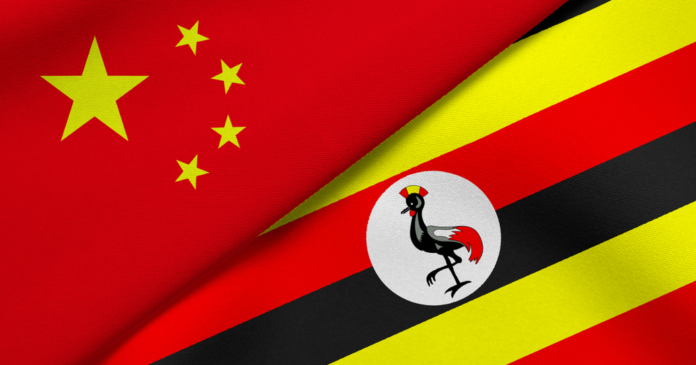- A Chinese state owned company, POWERCHINA, has applied for a license in Uganda to develop a US 1.4 billion hydropower plant on the Nile River.
- The 840MW hydro plant could potentially expand the country’s generation capacity by 40%.
The Chinese state owned energy infrastructure company, POWERCHINA, has applied for a licence to develop the Ayago Hydroelectric Power Station in Uganda. Mr. Julius Wandera, spokesperson for State-run power regulator, the Electricity Regulatory Authority (ERA) disclosed that the authority has already called for comments from the public on the proposed project.
The project is located on a section of River Nile between the lakes Kyoga and Albert. The Ugandan Electricity Regulatory Authority (ERA) is responsible for issueing licences for all power generators in the country. The Ayago power plant will have a capacity of 840MW and, when successfully developed, would be Uganda’s largest power plant.
- The 600MW Karuma hydroelectric dam, upstream of Ayago and due to be completed early this year by China’s Sinohydro Corporation. Read more
- Ethiopia is currently constructing a hydro dam project upstream on the Nile. The Grand Ethiopian Renaissance Dam (GERD) has met with stern objections from neighbouring countries. Read more
- China also recently announced that they will be building 500MW of solar PV projects in Uganda. Read more
Wandera explained that alongside the solicitation of public views on the project, ERA would also conduct its own due diligence on POWERCHINA International to ascertain whether it has the financial and technical capacity to execute the project.
By April we should be communicating our final decision on their application to them,” he said. According to their application, the firm plans to raise funds for the project through a 25%/75% mix of equity and debt.
The project could potentially ramp up Uganda’s generation capacity by 40% to about 2 800MW.
Uganda is one of the six countries that signed the 2010 Cooperative Framework Agreement (CFA) that allows upstream Nile basin countries to develop projects along the river without Egypt’s consent as it was in a previous colonial-era agreement on use of Nile waters.
Author: Bryan Groenendaal















